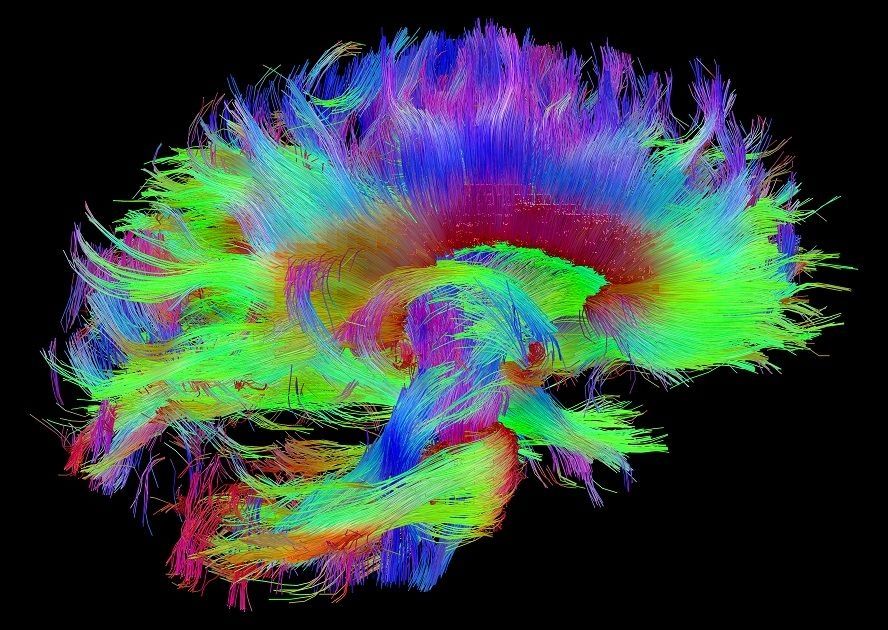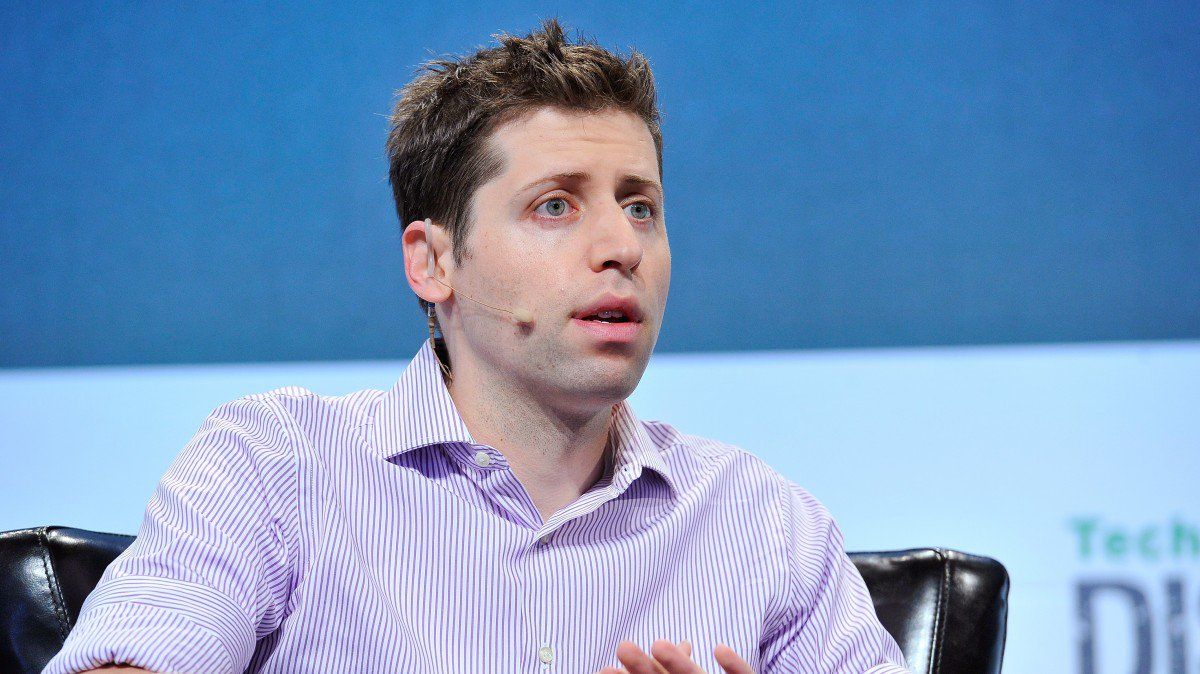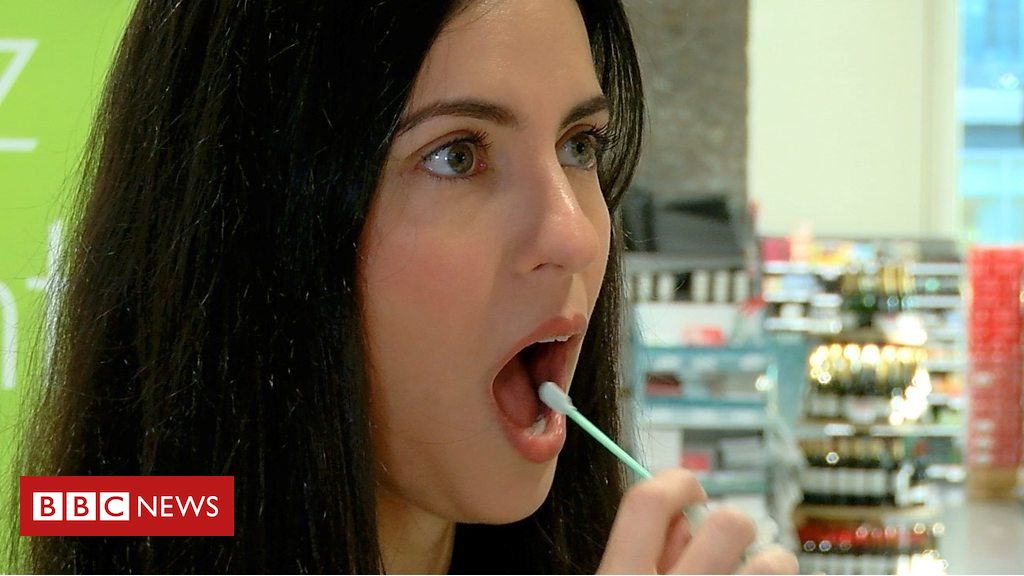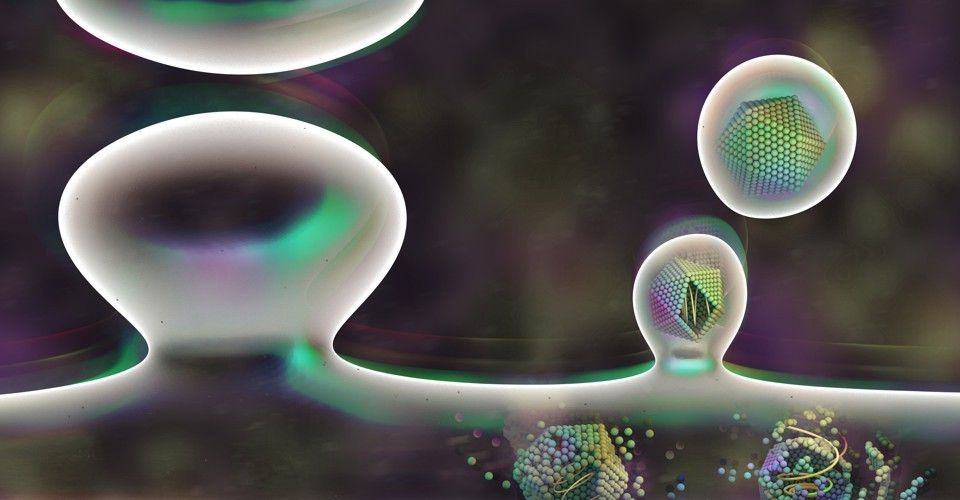Archive for the ‘biotech/medical’ category: Page 2402
Jan 15, 2018
How Free Radicals Damage Our Bodies
Posted by Brady Hartman in categories: biotech/medical, life extension
Free radicals are costly.
Summary: Here’s what researchers have discovered about stopping the destruction caused by free radicals, including DNA damage, macromolecular damage, and damage to mitochondrial DNA. [This article first appeared on the website LongevityFacts.com. Author: Brady Hartman. ]
Scientists widely believe that DNA damage and macromolecular damage caused by free radicals generated by our mitochondria is the principle cause of aging.
Jan 15, 2018
Breakthroughs in Diabetes and Prediabetes Treatments (Our Best of 2017)
Posted by Brady Hartman in categories: biotech/medical, life extension
Summary: A brief review of the top reports in 2017 on prediabetes and type 2 diabetes treatments, including new ones and those in the pipeline. [This article first appeared on the LongevityFacts.com website. Author: Brady Hartman.]
A paper published in the Lancet shocked the public last year when they reported that 40% of Americans walking around today would develop type 2 diabetes. While type 2 diabetes is a leading cause of premature death, the World Health Organization (WHO) upset even more people when they announced that prediabetes – the precursor state to diabetes – kills far more people.
Here’s a look back at the reports in 2017 on the ways to prevent type 2 diabetes and prediabetes and the promising treatments in the pipeline for these two forms of diabetes.
Continue reading “Breakthroughs in Diabetes and Prediabetes Treatments (Our Best of 2017)” »
Jan 15, 2018
Chasing Breakthrough Cures for Parkinson’s Disease
Posted by Brady Hartman in categories: biotech/medical, life extension, mapping, neuroscience
Scientists are searching for an effective Parkinsons treatment.
Summary: A disease-modifying drug for Parkinson’s disease remains the goal of researchers as they develop promising treatments using gene therapy, autophagy upregulators, and brain mapping. [Author: Brady Hartman. This article first appeared on LongevityFacts.]
Parkinson’s, Alzheimer’s and other forms of dementia are diseases of aging, and the incidence of these conditions rise with each passing year. Doctors expect these disorders to ramp up with increasing life expectancies.
Continue reading “Chasing Breakthrough Cures for Parkinson’s Disease” »
Jan 15, 2018
8 Top Videos On the Future of Medicine (Best of 2017)
Posted by Brady Hartman in categories: bioengineering, biotech/medical, life extension, robotics/AI
8 top videos of the future of medicine from 2017.
Summary: a review of the eight top videos on the future of medicine reported in 2017. [This article first appeared on the LongevityFacts.com website. Author: Brady Hartman.]
Throughout 2017, a new breed of researchers called geroscientists were working on revolutionary medical advances, including cancer-seeking bacteriobots, lab-grown organs, soft robots that help an ailing heart to beat, weaponized killer T-cells, plans for radical life extension, advancements in CRISPR gene editing, and the emergence of the microbiome in human health.
Continue reading “8 Top Videos On the Future of Medicine (Best of 2017)” »
Jan 15, 2018
Bio-inspired robots come closer to reality
Posted by Genevieve Klien in categories: biotech/medical, life extension, robotics/AI
A tissue-based soft robot that mimics the biomechanics of a stingray has been developed, which could lead to advances in bio-inspired robotics, regenerative medicine and medical diagnostics.
The simple body design of stingrays, specifically, a flattened body shape and side fins that start at the head and end at the base of their tail, makes them ideal to model bio-electromechanical systems on.
The 10-millimeter long robot is made up of four layers: tissue composed of live heart cells, two distinct types of specialized biomaterials for structural support, and flexible electrodes. Imitating nature, the robotic stingray is even able to “flap” its fins when the electrodes contract the heart cells on the biomaterial scaffold.
Continue reading “Bio-inspired robots come closer to reality” »
Jan 13, 2018
Ash Eruption From Philippines Volcano Triggers Evacuation
Posted by Genevieve Klien in categories: biotech/medical, business, education, health
Wow!
US News is a recognized leader in college, grad school, hospital, mutual fund, and car rankings. Track elected officials, research health conditions, and find news you can use in politics, business, health, and education.
Jan 13, 2018
Y Combinator will give you $1 million to try to cure aging
Posted by Dan Kummer in categories: biotech/medical, economics, life extension, neuroscience
The famed startup incubator Y Combinator put out a call for companies that want to increase human longevity and “health span.”
Who they want: Founders with new ideas for treating old-age diseases like Alzheimer’s, “but we will also consider more radical anti-aging schemes,” YC president Sam Altman told MIT Technology Review.
Why longevity? Efforts to stop old age don’t actually get funded much. “My sense is that economic incentives of drugs companies are screwed up” says Altman. “I don’t think we have enough people saying, How can we make a lot of people a lot heathier?”
Continue reading “Y Combinator will give you $1 million to try to cure aging” »
Jan 13, 2018
App uses DNA to tell you what to eat
Posted by Shailesh Prasad in categories: biotech/medical, food
Jump to media player A UK start-up plans to offer DNA tests in shops to help people eat more healthily.
Jan 12, 2018
Brain Cells Share Information Using a Gene that Came From Viruses
Posted by Dan Kummer in categories: biotech/medical, neuroscience
Hundreds of millions of years ago, at a time when back-boned animals were just starting to crawl onto land, one such creature became infected by a virus. It was a retrovirus, capable of smuggling its genes into the DNA of its host. And as sometimes happens, those genes stayed put. They were passed on to the animal’s children and grandchildren. And as these viral genes cascaded through the generations, they changed, transforming from mere stowaways into important parts of their host’s biology.
One such gene is called Arc. It’s active in neurons, and plays a vital role in the brain. A mouse that’s born without Arc can’t learn or form new long-term memories. If it finds some cheese in a maze, it will have completely forgotten the right route the next day. “They can’t seem to respond or adapt to changes in their environment,” says Jason Shepherd from the University of Utah, who has been studying Arc for years. “Arc is really key to transducing the information from those experiences into changes in the brain.”

















